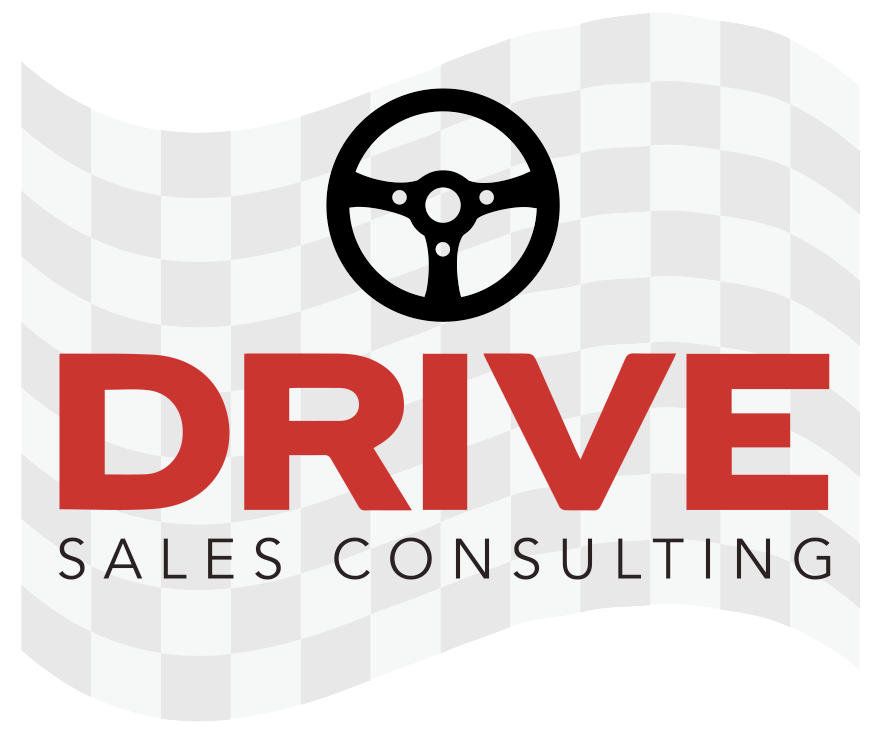Remember that class you were required to take in college? For me the most vivid was Business Ethics. Nobody, professor included, seemed to want to be there. The only signs of life happened after the words, “That’s all for today.” (But, hey, it was the 80’s and who really needed to learn about ethics, right?)
If you’re a B2B salesperson today, you probably co-sell with partners – i.e., subject matter experts, external distributors, etc. Transforming a group into a team in a short timeframe, and beating out equally qualified competitors, is no simple feat. So, you probably try to have pre-calls, or prep meetings, to get everyone in sync in advance of customer or prospect meetings.
Why do pre-calls seem to trigger the same level of enthusiasm as my ethics class did? If your pre-calls track with the norm I hear about, they may look something like this: if you have one at all, colleagues show up late or suddenly can’t make it. And the focus is on discussing customer information or pitchbook pages that could have easily been done in a shared document via email. Sound familiar?
If you make your number consistently, you know that successful sales meetings start with effective pre-calls. So, what does a solid prep meeting look like for high performers? Here are 5 CLUES:
1. CONVENE: ask early, require everyone attend, ensure a time cushion for pre-meeting adjustments;
2. LEAD: prepare and execute your agenda, communicate the mission, clarify roles, demonstrate confidence;
3. UPDATE: share new developments, review meeting logistics, monitor progress on meeting materials;
4. EXERCISE: practice key parts of the meeting – intros, recommendations, closing, responding to questions and objections;
5. SHARE: facilitate feedback and plan adjustments.
Where are the gaps in your pre-calls?
Conducting an effective prep meeting can be painless, worth your time and, done well, can be the key to winning. It’s tempting to skip it or phone it in, and save a little time in your day. If your goal is to win, however, it’s important to realize that your competitors face the same temptation. The payoff for investing the time – where the competition doesn’t -- may be the edge you need to retain or expand a client relationship or win a new logo.
Learn more about how to win at high-stakes sales meetings in my new book, Sell Like a Team (McGraw-Hill, 2017).


